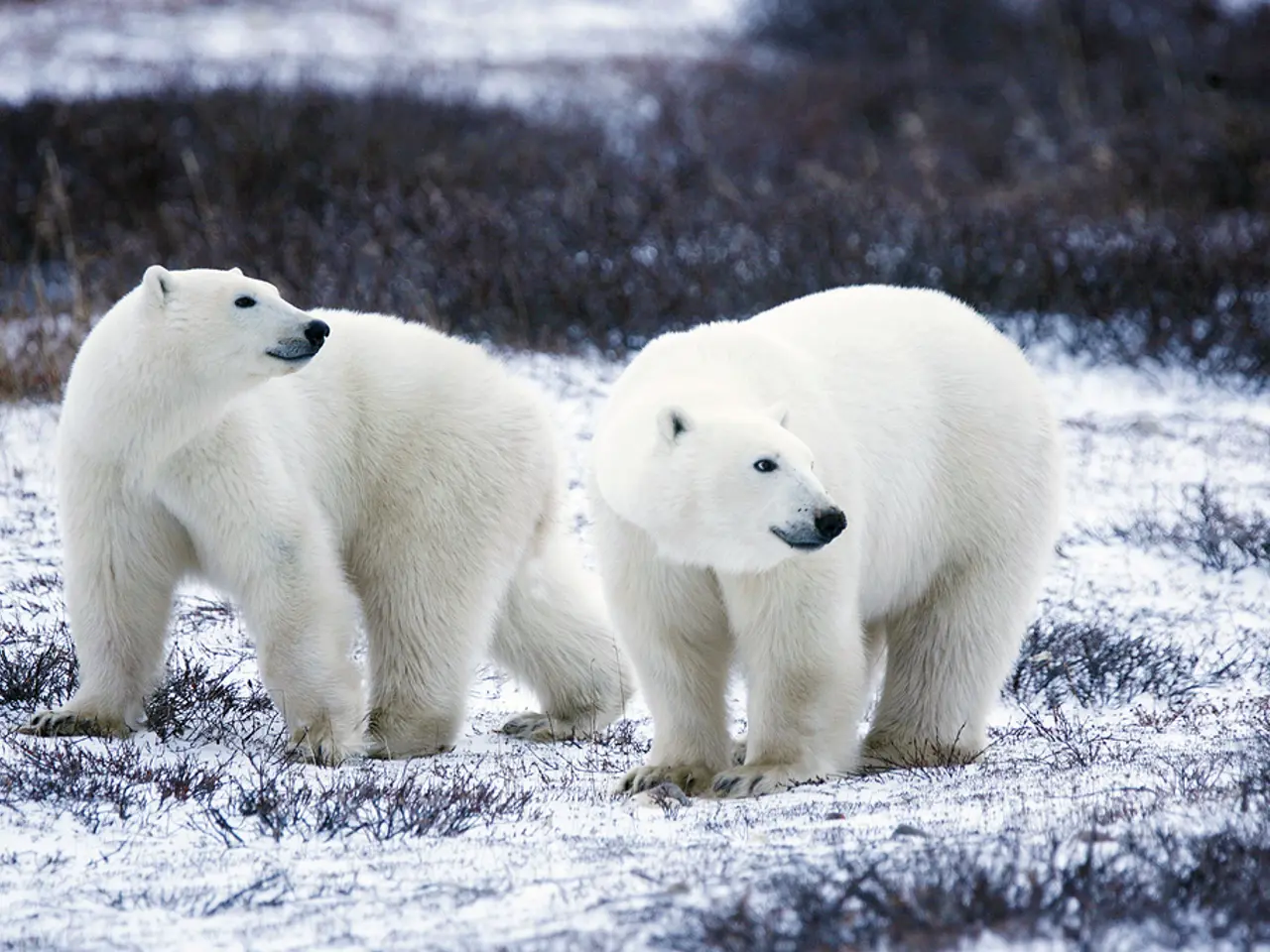Alert: Canada's Northernmost Outpost Guards Arctic and Science
Nestled on the northern tip of Ellesmere Island in Nunavut, Canada, Alert is the world's most northerly inhabited settlement. This remote military and scientific base, established in 1950, is home to around 55 personnel who brave extreme temperatures and long periods of darkness for six-month rotations.
Originally a weather station under the Joint Arctic Weather Station (JAWS) system, Alert's role evolved in 1958 when it began operating as a signals intelligence unit for the Canadian Armed Forces. Today, it serves as a crucial hub for both military and scientific research, with personnel monitoring the Arctic's vast and diverse wildlife, including polar bears.
Life at Alert is no easy feat. Temperatures often drop well below freezing, and sunlight is scarce, especially during the long Arctic winter. Despite these challenges, the base continues to play a vital role in Canada's defence and scientific exploration. Under the command of the Royal Canadian Air Force since 2009, Alert's history traces back to the post-World War II era when the United States established constabulary units in Germany to monitor the border with the Soviet occupation zone. The 14th Armored Cavalry Regiment later operated 'Observation Point Alpha' for similar purposes.
Alert's strategic location, 500 miles from the North Pole, makes it an essential outpost for Canada's military and scientific endeavours. Its resilient personnel, representing a mix of military and civilian personnel, ensure the base's continuous operation, contributing to Canada's understanding and defence of the Arctic region.






